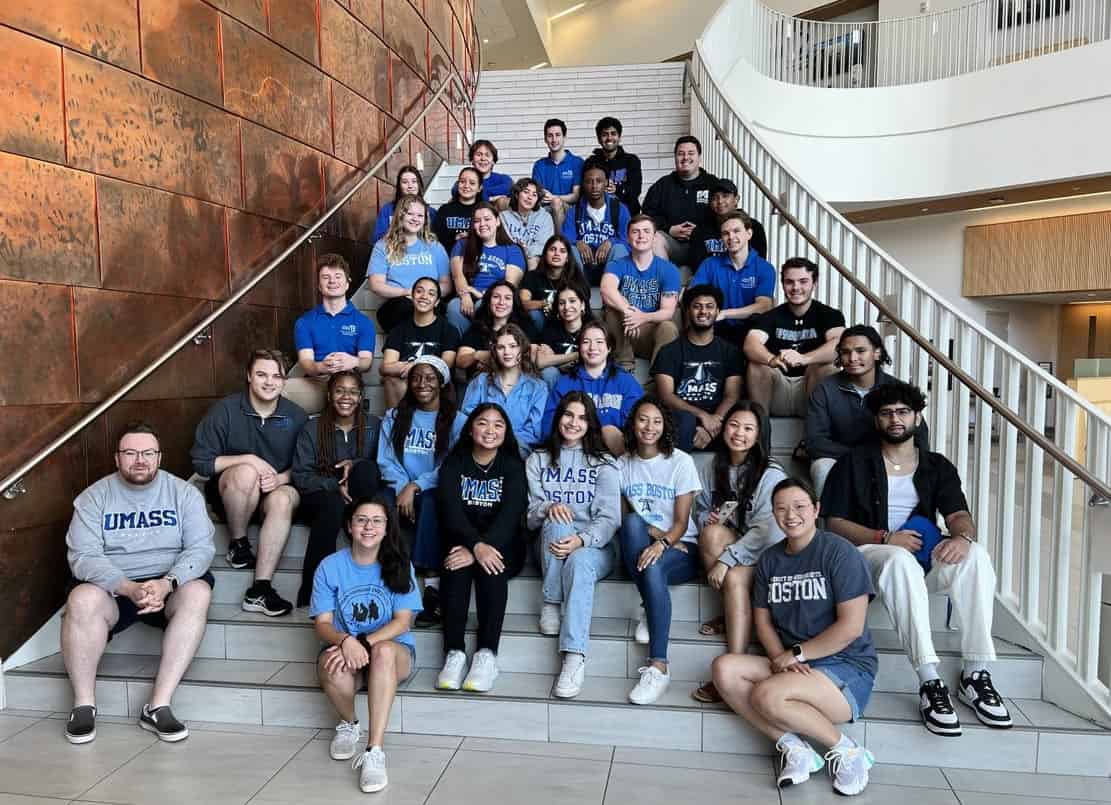What is academic integrity and why is it important?
Academic integrity means acting in a way that is honest, fair, respectful, and responsible in your studies and academic work. It means applying these values to your own work, and also when you engage with the work and contributions of others. These values are expected of everyone on campus.
At UMass Boston, students and faculty learn, exercise, improve, and uphold academic integrity within all classrooms and in any space or facility where academic work takes place.
When we all act with honesty and mutual respect, it creates a fair environment where everyone has the opportunity to succeed.
Practicing academic integrity also prepares students for ethical behavior in their future professional and personal lives, fostering a society that values truth and responsibility.
Have Immediate Questions?
Check out a few of the most common academic integrity concerns and get answers right away.




